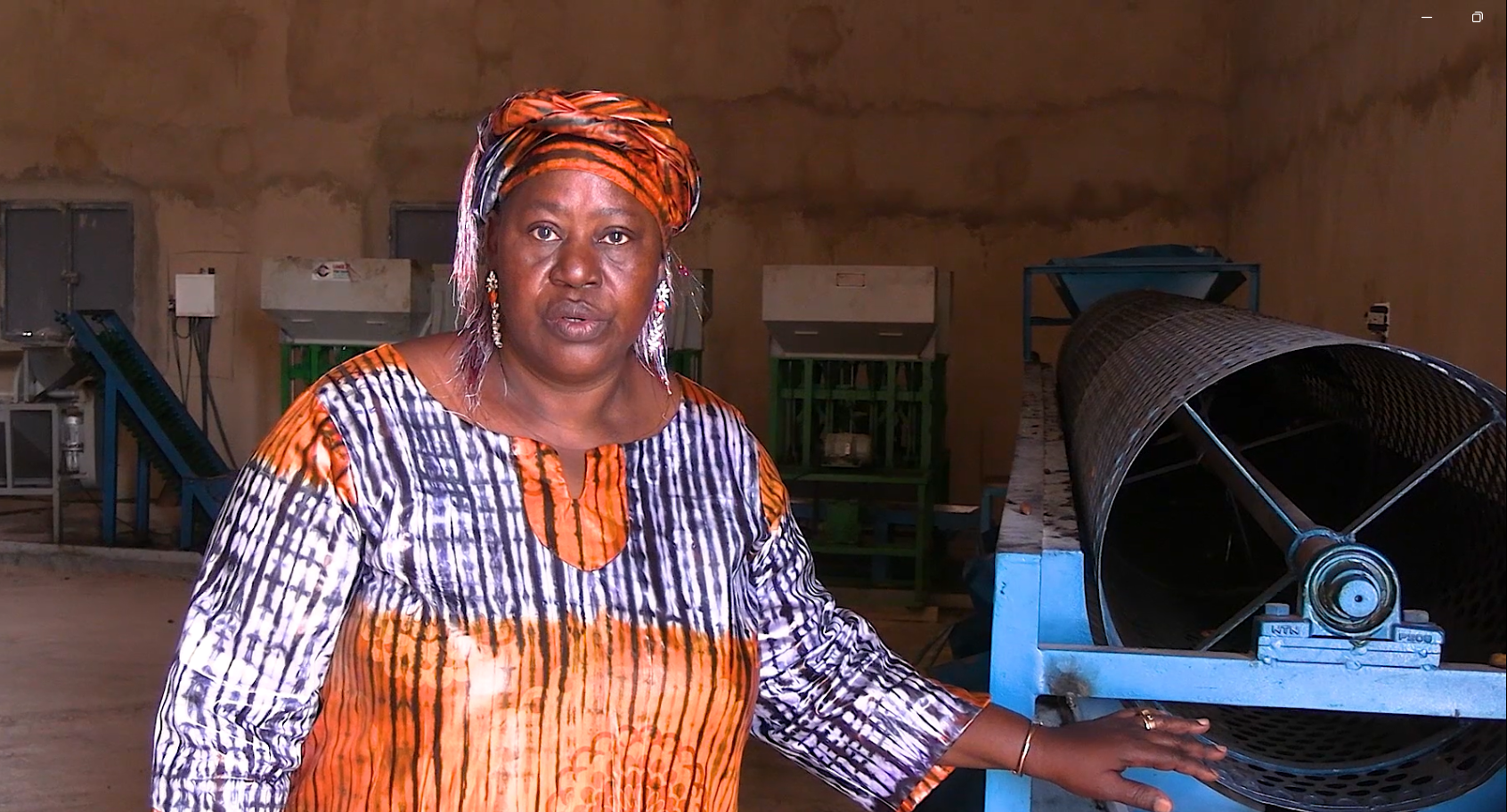
ABIDJAN, Ivory Coast – July 16, 2025 – A seven-year initiative in Burkina Faso, the Cashew Development Support Project in the Comoé Basin for REDD+ (PADA/REDD+), has concluded with remarkable success, demonstrating the potent synergy between economic development, environmental conservation, and social inclusion. Launched in 2017 and completed in 2024, the project achieved a 95 percent implementation rate, revitalizing the cashew nut industry – the country’s third-largest agricultural export after cotton and sesame – and significantly impacting rural communities.
The PADA/REDD+ project received substantial financial backing from the African Development Bank (AfDB), with a $4 million loan, and the African Development Fund (ADF), the Bank Group’s concessional funding window, providing a $1.39 million grant. This combined support accounted for 61 percent of the total project cost of $8.82 million, with the remaining funds contributed by the Burkinabe government and direct beneficiaries. Such investments align with the AfDB’s broader “Feed Africa” strategy, which aims to boost agricultural value chains and enhance food security across the continent, as evidenced by their recent support for maize, soybean, poultry, and fish initiatives in Burkina Faso.
The project strategically focused on the Cascades, Hauts Bassins, and South-West regions, mobilizing resources for their sustainable transformation with a strong emphasis on women’s participation. It empowered producers to reduce maintenance costs, improve soil fertility, and sustainably increase cashew productivity and incomes – a crucial step in a sector historically challenged by limited access to finance and inadequate processing infrastructure. While Burkina Faso has recently made strides in processing cashew apples and aims to increase local processing of raw nuts, the PADA/REDD+ project focused on foundational improvements to the raw nut value chain itself.
Integrating Climate Action and Agricultural Production
A key component of PADA/REDD+ was its focus on carbon sequestration, integrating climate action directly with agricultural production. This led to the establishment of seven tree parks, the production of over 1.6 million improved cashew seedlings, and the development of approximately 27,000 hectares of agroforestry plantations. A significant aspect of this environmental initiative was the active involvement of women, who maintained one-third of these plantations, underscoring the project’s commitment to social inclusion. Furthermore, 35,340 producers, including 6,047 women, received training in good agricultural and organic practices, enhancing their capacity to adopt sustainable farming methods.
Adama Patrick Sombié, a cashew nut processor in Bérégadougou, attested to the project’s direct impact: “Before the project, there were no cashew tree parks in the village, only forest and a few orchards. When the project offered plots to promoters, I signed up and received two hectares.”
Strengthening Value Chains Through Finance and Modernization
The second pillar of the project centered on strengthening cashew value chains, a sector long hindered by limited access to finance. PADA/REDD+ forged an innovative partnership with the umbrella organization of Burkina Faso’s Caisses populaires banks and savings and loan cooperatives. This collaboration facilitated investment loans with sliding interest rates, financing 103 microprojects totaling 888 million CFA francs (approximately $500,000). This financial injection spurred the creation of 9,580 additional “green” jobs, with a remarkable 92.66 percent of these going to women, highlighting the project’s gender-inclusive approach.
Modernization efforts saw seven processing units upgraded, and a new unit, “Tensya,” established in Toussiana. Three warehouses were constructed, one exclusively for women. The project also facilitated the purchase of 12 trucks and 45 tricycles, improving logistics for producers and traders. Comprehensive training in good practices was provided to 631 individuals, and environmental skills were enhanced for 477 stakeholders. Crucially, infrastructure development included the construction and equipping of a cooking and shelling center for women in Diéri, fully subsidized by the African Development Bank.
Inclusive and Sustainable Impact
The microprojects supported by PADA/REDD+ reached nearly 18,000 people, with women constituting 61 percent of beneficiaries, further reinforcing the project’s inclusive design. “This project is a blessing for us. Thanks to the income generated, we can send our children to school and keep them healthy. Before, we used to sell our products at rock-bottom prices, but now, with our own processing units, we control the entire value chain,” shared Aramatou Barro, a processor in Diéri. Christiane Koné, a processor in Toussiana, echoed this sentiment, stating, “Thanks to the project, we have been able to purchase six automatic shelling machines, which are twice as fast as our 25 manual shelling tables.”
Beyond individual gains, the project structured supply networks and ensured that 96 cooperatives complied with OHADA (Organization for the Harmonization of Business Law in Africa) standards. This legal and organizational strengthening improved working conditions significantly. Isso Kindo, a trader in Bobo-Dioulasso, noted: “Transport was our main obstacle. Today, thanks to the truck financed by the project, I can transport up to 60 tonnes of nuts from the towns of Banfora and Mangodara.”
The PADA/REDD+’s impact also extended to job creation for youth and rural entrepreneurs. In Orodara, Arzouma Zougouri, a producer and business owner, proudly explained, “the project’s support has enabled me to better equip my processing unit. I’ve gone from 200 to 300 employees.”
By comprehensively structuring the cashew nut sector, boosting productivity, strengthening local processing capabilities, and improving access to finance, PADA/REDD+ has successfully laid a robust foundation for more resilient and inclusive rural development in Burkina Faso. Its significant contribution to carbon sequestration through agroforestry plantations further solidifies its positive environmental legacy.
